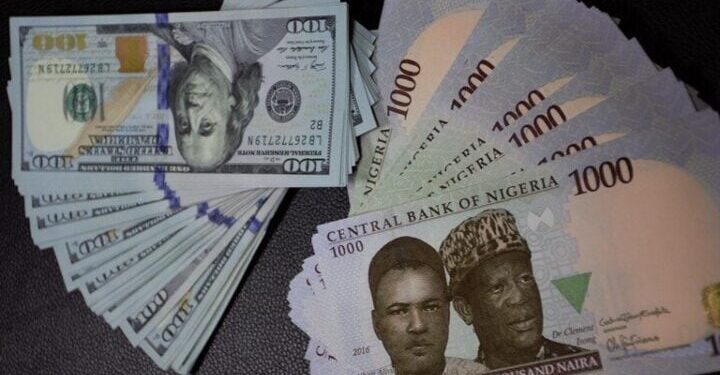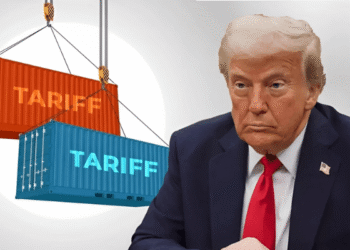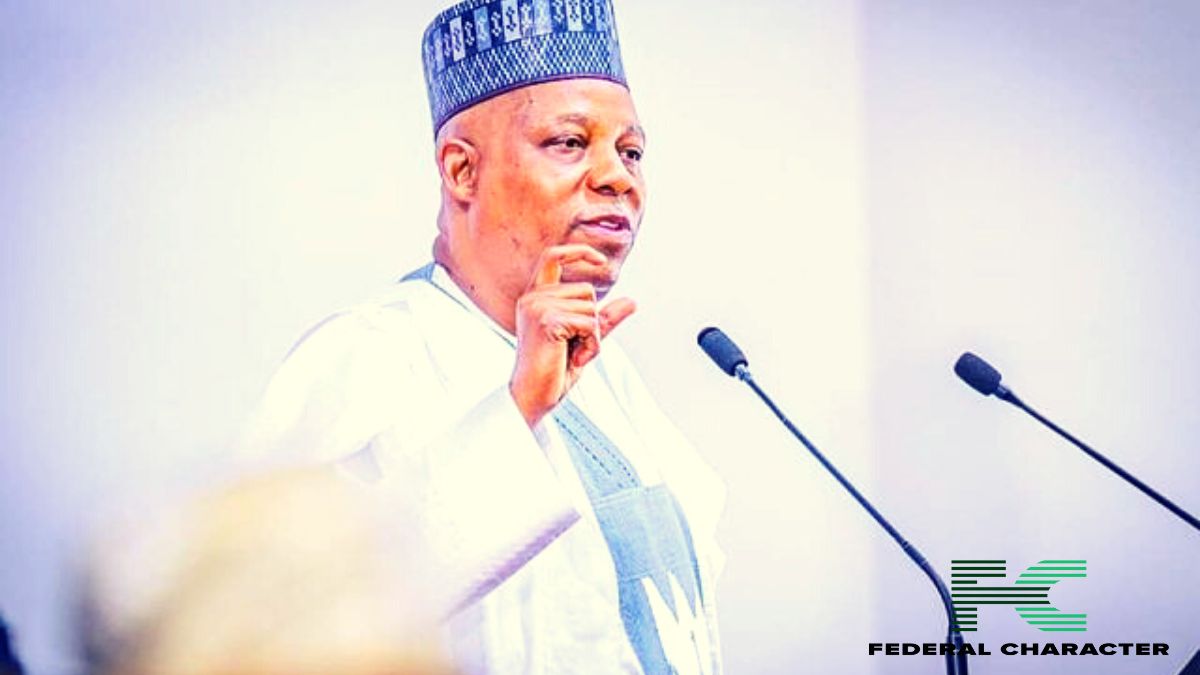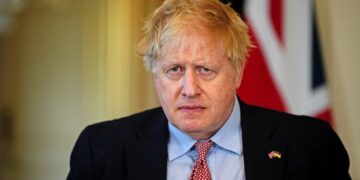The Nigerian Naira has been dealt yet another humiliating blow in the black market, as foreign currencies—particularly the Dollar, Euro, and Pound—continue their merciless assault.
As of Monday, September 8, the Naira plummeted further against the US Dollar (USD), Euro (EUR), and British Pound (GBP), stirring fresh panic about the worsening chaos in Nigeria’s foreign exchange market.
Black Market Exchange Rates That’ll Make You Shudder:
Dollar to Naira (USD/NGN)
Buying: ₦1,500| Selling: ₦1,530
Euro to Naira (EUR/NGN)
Buying: ₦1,740| Selling: ₦1,780
Pound to Naira (GBP/NGN)
Buying: ₦2,010| Selling: ₦2,160
These figures, sourced from the parallel market (popularly known as Aboki FX or BDC), paint a grim picture. With demand for foreign currencies soaring and supply drying up, the Naira seems to be fighting a losing battle.

Why Is the Naira Constantly on Life Support?
This is a full-blown economic crisis with deep, uncomfortable roots:
Interest Rates:
While other countries attract foreign investors with competitive rates, Nigeria struggles with erratic policies that scare off even the most adventurous investors.
Trade Imbalance:
Nigeria imports everything from toothpicks to generators, with little to export. The result? A perpetual deficit that keeps dragging the Naira down.
Foreign Direct Investment (FDI):
Foreign investors aren’t exactly lining up to pour money into a volatile economy riddled with insecurity and poor infrastructure.
Government Policies:
The Central Bank of Nigeria’s ever-changing forex policies only seem to add fuel to the fire. From sudden bans on imports to confusing forex rationing, the Naira has been stuck in policy limbo.
Global Factors:
Oil prices, inflation, and global tensions also play their part—but let’s be honest, the house was already on fire before these external sparks showed up.
Bleak Future Ahead?
Make no mistake, this crisis is far from over. Nigeria’s foreign exchange market is now a ticking time bomb, and every policy misstep or global tremor pushes the Naira closer to freefall.
For millions of Nigerians, this means more than just bad headlines. Food prices, transport fares, school fees, and healthcare costs are already spiraling out of reach. Yet, somehow, the government continues to downplay the crisis, leaving citizens to fend for themselves in a collapsing economy.

















